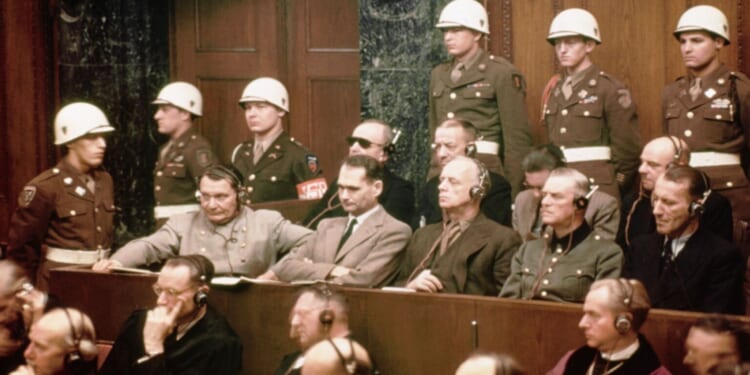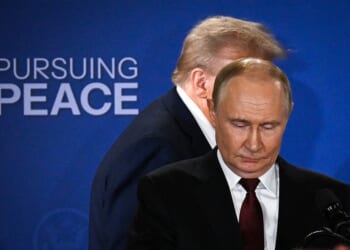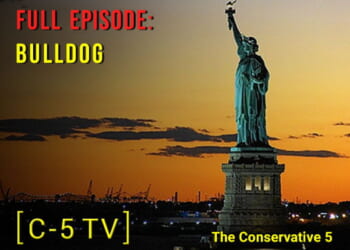Then the shrinks got another break. At the trial, Rudolf Hess appeared increasingly dotty. If he was deemed unfit to stand trial, Nuremberg itself would come into question. So when, under pressure from the psychologists, Hess owned up to faking it, it boosted the legitimacy of the trials and the shrinks’ methods. Once again, and despite the charge of conspiracy, the politics of Nazi rule were reduced to egocentrism and other personality disorders.
The legacy of the Nuremberg Trials is all about us today. It is still lauded as an eternal model for how the ‘global community’ should deal with national dictators. It was preceded by the UN’s hope that ‘respect for international law’ could ‘save succeeding generations from the scourge of war’. And it was succeeded, in 1950, by the UN’s seven Nuremberg Principles, which hold both heads of state and juniors ‘following orders’ to account for their deeds in wars. Yet the overall and time-bound social legitimacy of the trial should warn us against attempts, made 80 years later, to repeat it. Conditions now are very different from Nuremberg: any international court on wars can rely on much less cohesion or popular support.
More broadly, the Nuremberg Trials have played a key role in dehistoricising and psychologising the historical phenomenon of fascism. They have helped fuel, in recent years, the constant anti-populist refrain of today’s establishment – namely, that in Donald Trump’s election victories and the populist revolt throughout Europe we are witnessing the rise of fascism again. That the psychopathology of fascism is alive and well in the shape of MAGA and Reform UK. Indeed, ahead of this month’s release of Nuremberg, a new film about the trials, one of its stars, Remi Malek who plays shrink Douglas Kelley, drew a clear parallel between Trump’s rise and the rise of the Nazis.
There we have it. Instead of political analysis of fascism, we get glib analogies. Instead of understanding what fascism was, we get swipes at the perennial gullibility of the masses. Instead of a true reckoning with the evils of the Nazism, we get anti-populist, anti-democratic prejudice dressed up as anti-fascism. This is the dubious legacy of the Nuremberg moment.
James Woudhuysen is visiting professor of forecasting and innovation at London South Bank University. He tweets at @jameswoudhuysen.
This is an edited version of an essay that first appeared in November 2020.
(1) Data and quotations from Justice, not Vengeance [1989], by Simon Wiesenthal, Mandarin, 1990, pp71-2
(2) Hitler’s Death Squads: The Logic of Mass Murder, by Helmut Langerbein, Texas A&M University Press, 2003, pp115-116
(3) Both quotations from The Nuremberg Trial, by Ann Tusa and John Tusa (1983), Papermac, 1984, p14

















